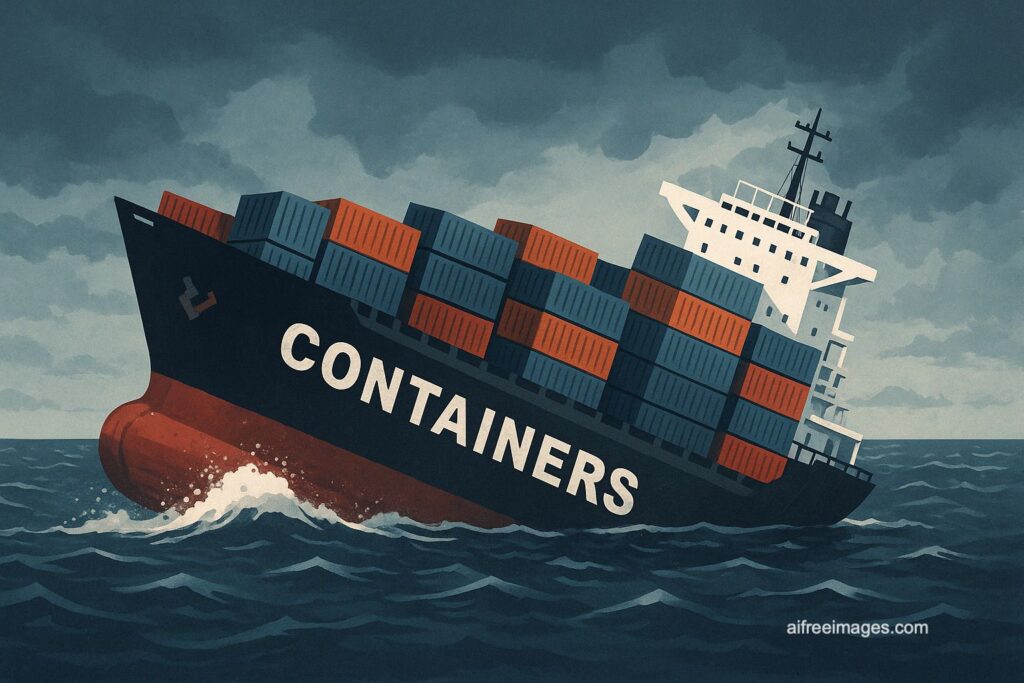In recent weeks, there’s been a wave of articles and heated debates across technical forums and social media about the supposed “death” of Kubernetes. Are we really witnessing the slow demise of Kubernetes and containers? How does this impact our cloud strategies and the future of application deployment? Let’s break down the arguments, myths, and realities.
The Real Issue: Complexity and Cost
Let’s be honest: Kubernetes is powerful, but it’s also complex. Running a production-grade Kubernetes cluster isn’t trivial. Most organizations end up hiring specialized Kubernetes engineers—driving up costs—or relying on expensive managed services. In an era where IT budgets are under the microscope, many are questioning if Kubernetes is always worth the investment.
This complexity often leads to overprovisioning clusters out of fear of downtime, driving up operational costs and creating inefficiencies. The allure of deploying everything on Kubernetes “just because it’s there” adds more layers of management, sometimes without real business need.
Sustainability in Question
The sustainability of ever-growing container platforms is also a legitimate concern. As companies pile on workloads, the resource consumption and operational footprint can become enormous. Is this pace sustainable—both financially and ecologically? For many, the answer is a growing “no,” leading to a more selective, rational use of Kubernetes, only where it truly adds value.
The Serverless Temptation—and Its Hidden Traps
The hype around Serverless as a supposed replacement for Kubernetes is louder than ever. But beware: Serverless is not a silver bullet. While ideal for specific workloads, Serverless locks you into your cloud provider, severely limiting portability and flexibility. Debugging and troubleshooting in Serverless environments can be a nightmare, and migrating between providers is almost impossible. You trade control and transparency for short-term ease.
Kubernetes: Far from Dead, Poised for Evolution
Let’s be clear: Kubernetes isn’t dying. On the contrary, adoption is likely to increase over the coming years, especially as AI-driven agents and automated troubleshooting start to simplify operations and reduce the need for always-on in-house experts.
Kubernetes is like the engine of a Ferrari—complex, but unmatched when handled by those who understand its power. Not every application needs a Ferrari, but for those that do, Kubernetes remains the gold standard for flexibility, scale, and control.
The bigger issue isn’t Kubernetes itself, but how organizations use it. Not every application belongs on Kubernetes. Deploying to Kubernetes without a thorough cost-benefit analysis—just because it’s available or “trendy”—is the real mistake.
Looking Forward: Less Hype, More Perspective
We’re at a crossroads in the cloud and container world. Kubernetes and containers aren’t going away anytime soon—they’re foundational to modern infrastructure. What will change is how thoughtfully we use them. Expect smarter automation, more focus on optimizing costs, and better alignment between business needs and technology choices.
Maybe one day, orchestration platforms will be truly seamless and invisible. Until then, Kubernetes remains a reference point—provided we use it with open eyes, clear strategies, and a willingness to evolve with the ecosystem.
Is Kubernetes dead? Far from it. It’s simply maturing—and so should our approach to cloud infrastructure.
Key Takeaways
- Kubernetes is complex, but not obsolete—it’s best suited for cases where its power is truly needed.
- Operational cost and sustainability concerns are leading to more selective, thoughtful deployments.
- Serverless isn’t a universal alternative; it comes with vendor lock-in and operational challenges.
- The future is automation: AI and smarter management tools will lower the entry barrier and reduce operational headaches.
- Success means matching the platform to the problem—not the other way around.
In short, don’t bury Kubernetes yet. Instead, use it wisely—and watch how it (and you) evolve.

